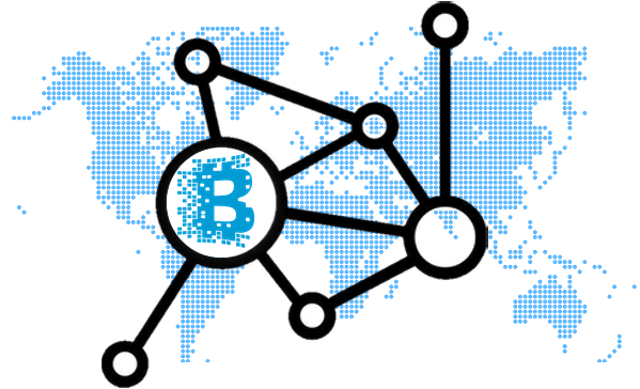
International donors can use blockchain and distributed ledger technology to improve development outcomes and the effectiveness of development aid in several ways:
- Increased transparency and accountability: Blockchain technology offers a secure and transparent way of tracking the flow of funds from the donor to the recipient. This can increase accountability and reduce the risk of fraud and corruption in the development sector.
- Improved supply chain management: Blockchain technology can be used to improve supply chain management in the development sector. This can help to ensure that aid reaches its intended recipient and that goods and services are delivered as expected.
- More efficient payment systems: Blockchain technology can be used to create more efficient payment systems, reducing the time and cost associated with traditional banking systems. This can make it easier for international donors to send funds to the countries and organizations that need them.
- Better data management: Blockchain technology can be used to improve data management in the development sector. This can make it easier to track the impact of development projects and to make data-driven decisions about where to allocate resources.
- Increased financial inclusion: Blockchain technology can be used to increase financial inclusion by providing access to financial services for people who are currently excluded from the traditional banking system. This can help to reduce poverty and improve the standard of living for people in developing countries.
Careful consideration of the specific challenges and needs of each development project is important to determine whether distributed ledger technology is the best solution, and how it can be used most effectively.
Apply Now: $100,000 UNICEF Funding for AI and Blockchain Ideas
With over 4 billion people (71% of whom are 15-24 year olds) and 1 in 3 children with Internet access, children’s lives are being shaped behind a screen. Digital...
Apply Now: $100,000 Grants for Web3 and Blockchain Projects
Globally, 1.4 billion adults remain unbanked and completely excluded from the financial system. Nearly 60% are women. Web3 technologies provide a powerful new set...
Please Stop Conjuring Blockchain Pilots in Humanitarian Relief Programs
Blockchain technology has been lauded as a solution to longstanding development issues, with proponents claiming it can bring unprecedented transparency, accountability,...
Apply Now: $100,000 for Your New Frontier Technology Solutions
Frontier technology solutions are innovative applications of emerging technologies such as blockchain, artificial intelligence, machine learning, data science,...
4 Social Impact Projects Using Emerging Technologies in Indonesia: AI, Blockchain, Biometrics, Drones
Indonesia is a country that faces various humanitarian challenges, such as natural disasters, conflicts, displacement, poverty, and health crises. To address these...
Apply Now: $1 Million Financial Inclusion Crypto for Good Grants
New blockchain technologies are enabling new products and services that can solve critical challenges of our society. Even better, chain-agnostic Web3 innovations that...
3 Challenges Bringing Blockchain Land Tenure Records to India
Over the last year I’ve been lucky enough to work with an FTL Pilot team that is piloting the use of Blockchain to increase transparency in Land Records in India....
5 Successful USAID Digital Health Solutions for HIV Patients
According to the USAID Development Experience Clearinghouse, a website that provides access to USAID’s project records and publications, there are...
Apply Now: $1 Million for Your Web3 Blockchain Solution
The global economy is defined by an extreme lack of transparency and accountability for practices that damage the environment and communities and precarious inequality...
Starting Now on Digital Transformation for Ukraine Reconstruction
When the war in Ukraine comes to an end (hopefully with Ukraine having recovered all of its territory, including Crimea), Western countries are likely to provide...










